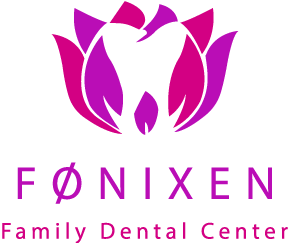Does the thought of consulting with a dentist for that tooth pain you’re enduring for the past few days gives you nightmares? Would you rather put up with the pain than step into your dentist’s office? You’re not alone. A lot of people choose not to get treated at their dentist until it turns into an emergency.
Here’s where sedation dentistry comes in.
Sedation dentistry uses medication to help patients relax during dental procedures. It is also referred to as conscious sedation, meaning you are still technically awake but have that sense of peace and calm while your dentist gets the ball rolling.
Who needs conscious sedation?

People of all ages can benefit from conscious sedation but it is recommended for those with
- Dental anxiety
- Overly sensitive gag reflex
- Special needs (including cognitive, physical or behavioral)
- Long and traumatic procedures
- Medical conditions aggravated by stress like angina, epilepsy, asthma
What types of sedation are used in dentistry?
-
Nitrous oxide:
otherwise known as laughing gas, this gas alongside oxygen gas are administered through a mask placed on your nose. The levels of nitrous oxide and oxygen are adjusted accordingly throughout the procedure. This is the only form of sedation where upon completion of the procedure, you will be able to drive yourself home. -
Oral conscious sedation:
this is administered in the form of a pill usually diazepam an hour before the procedure. Liquid sedation is generally used in children in the form of a syrup such as midazolam syrup. -
Intravenous(IV) sedation:
IV sedation is the deepest form of sedation available in dentistry. your dentist delivers the medication directly into your bloodstream through a vein. Vitals are monitored throughout the procedure. Reversal medication can be given at anytime mid-procedure if required. You will wake up after the procedure with no memory whatsoever of the treatment. This is used in patients with severe anxiety or phobia. -
General anesthesia:
You may wonder if general anesthesia is ever used in dentistry. Some children who require extensive treatment or adults with special needs may require general anesthesia for dental treatments. It is usually administered by an experienced anesthesiologist under hospital setting.
What happens before sedation:
Your dentist will apprise you of all the types of sedation, take your health history and advice upon the most suitable type of sedation for you. You will typically be advised to not consume any food or drink for 6 hours prior to the commencement of the procedure.
What happens after sedation:
Unless the sedation you received was nitrous oxide, you will need to have a trusted family member or friend to accompany you home after the appointment.
We, at fonixendental make sure each patient feels safe and comfortable in the dental chair.
Ready to make an appointment? WhatsApp us at +916300367590
